For many consumers, the en primeur system in Bordeaux, and the roles of merchants, négociants and the chateaux can be a bit confusing. Here's a quick Q&A explaining what it is and how it works.
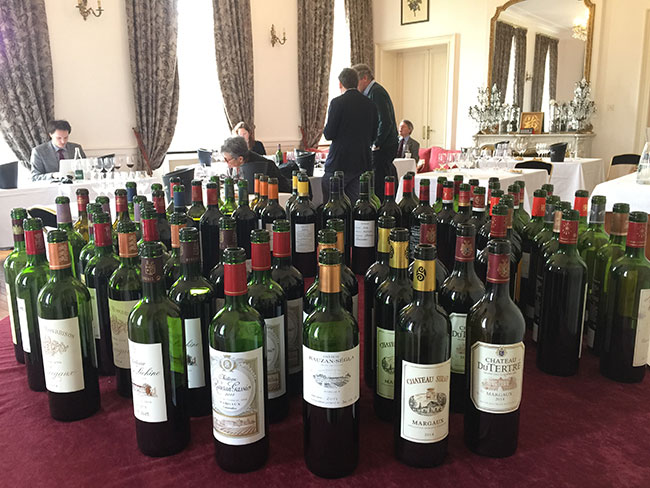
at Chateau Lascombes during the Bordeaux 2014 en primeur week © Decanter
• How does the system work?
Every spring after the vintage, the great cru classé properties of Bordeaux produce young barrel samples from the previous year's harvest. These are then tasted and assessed by members of the international wine trade in Bordeaux. The châteaux then release for sale a 'tranche' or proportion of their total production at an opening price. This is sold in strict allocation to wine brokers in Bordeaux, known as négociants. The négociants then sell the en primeur offers.
• Why does it work this way?
By selling to négociants, the châteaux effectively spread the risk of bad vintages, which they might otherwise be unable to sell. En primeur sales can also provide the châteaux with a ready source of cash, which they would otherwise not recoup until the wine was bottled and sold.
As the system stands, the négociants are more or less obliged to buy whatever the châteaux sell. If the négociants don't buy what they are offered (in a bad year), they risk forfeiting their allocation for next year (which may be a great year). However, the system only works effectively in periods where strong world demand for the great wines of Bordeaux outstrips supply.
• Why should consumers buy en primeur?
Traditionally, buying en primeur means that consumers have the chance to buy wine at a cheaper price than buying it a few years later when it is bottled.
• Is only cru classé Bordeaux sold en primeur?
No. Winemakers whose wines are not classified growths, but whose quality and price justifies a futures allocation, also offer wines in this way. In some cases this is the only way to obtain limited-production wines on release.
• Is it only Bordeaux that sells its wines as en primeur?
No, you will find en primeur offers from other wine regions around the world, including Burgundy, the Rhône Valley, Italy, California and Australia.
• How much time do you have to make your mind up?
If you find a wine you like at an agreeable price, don't wait too long, as you may miss out.
• When do you pay?
Consumers pay the opening price as soon as the offer is made by your merchant, although EU law states they do not have automatic right to a refund.
• When do you get the wine?
Usually in spring or summer two years after the offer. Then, once you have paid the additional shipping costs and duty, you can take delivery of your precious cargo. An estimate of these costs is usually given to you when you buy your wine.
• How easy is to get what you want?
It depends on what you want to buy. Because demand can be so strong for the most sought-after wines (such as the first growths), it helps if you are a long-standing customer of a wine merchant that is offering wines en primeur. If you're not you may have to go to the back of what could be a very long queue. However, you will have less of a problem with those wines which are more available and less expensive. In order to get some great wines, customers may have to take lesser wines, too, as part of their order.
All rights reserved by Future plc. No part of this publication may be reproduced, distributed or transmitted in any form or by any means without the prior written permission of Decanter.
Only Official Media Partners (see About us) of DecanterChina.com may republish part of the content from the site without prior permission under strict Terms & Conditions. Contact china@decanter.com to learn about how to become an Official Media Partner of DecanterChina.com.

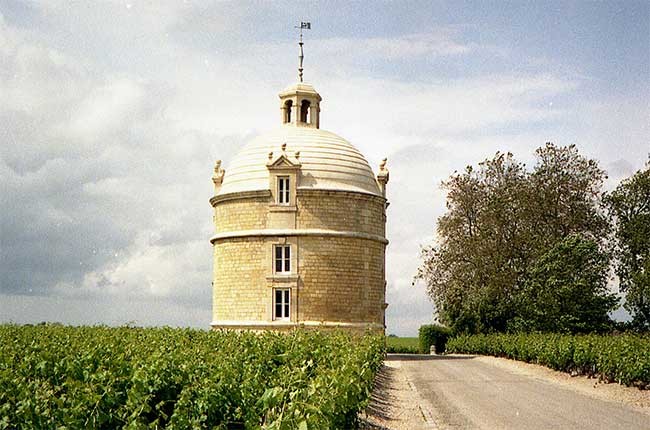
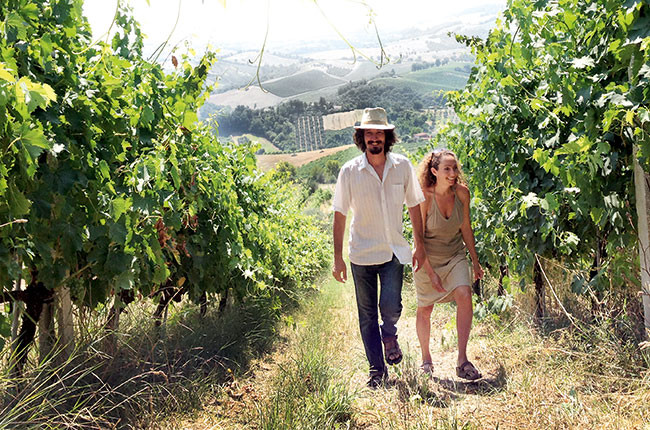
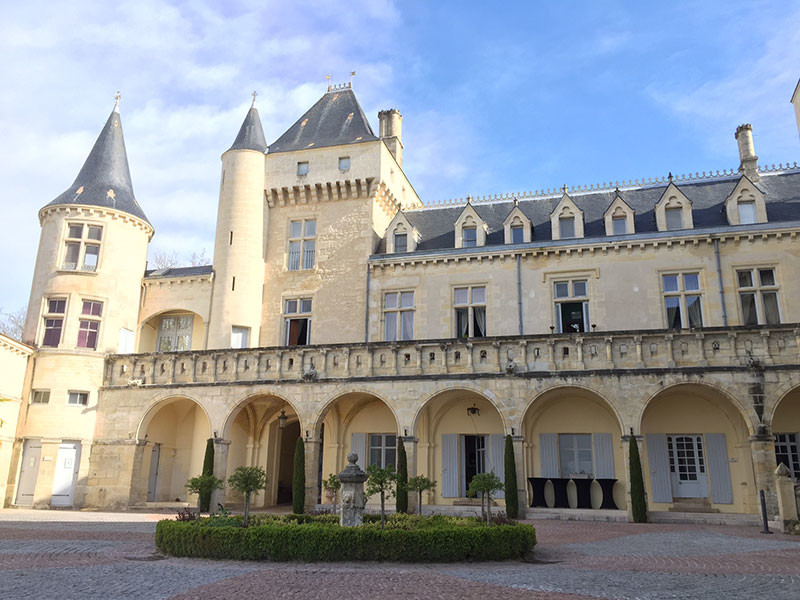
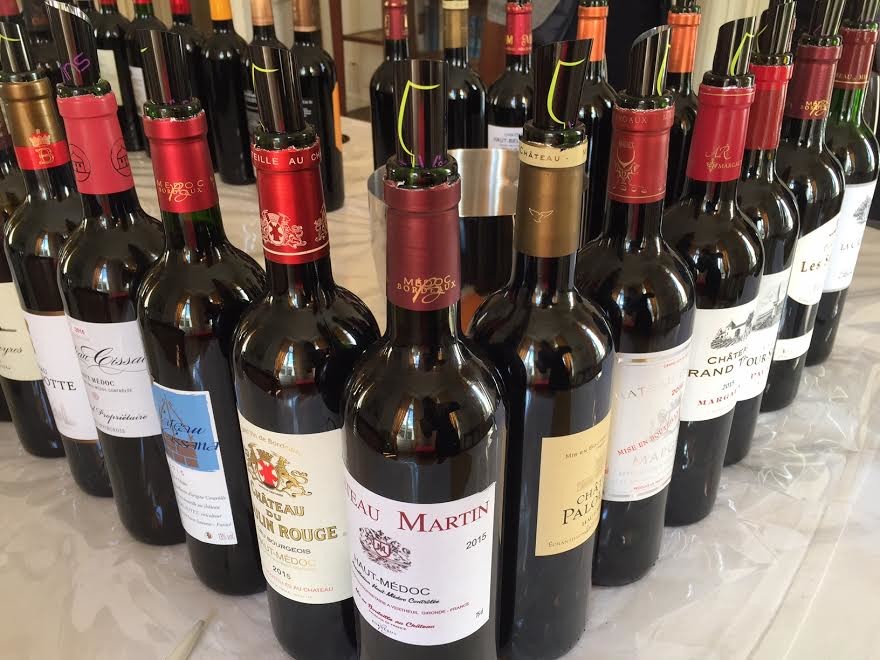
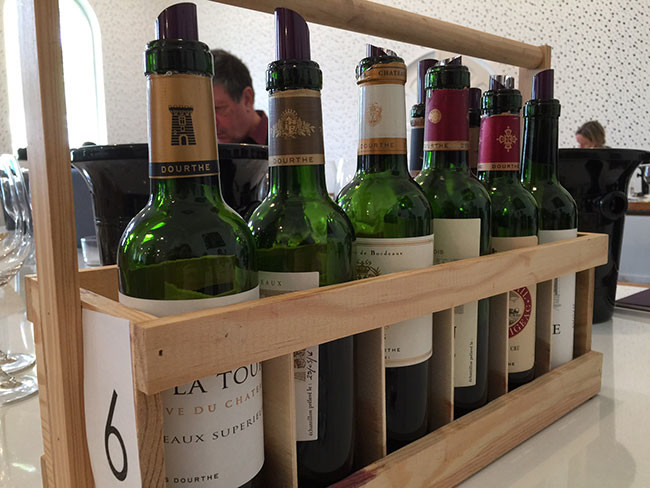
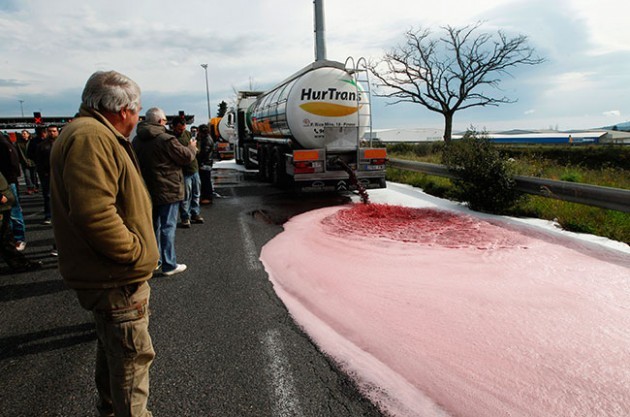
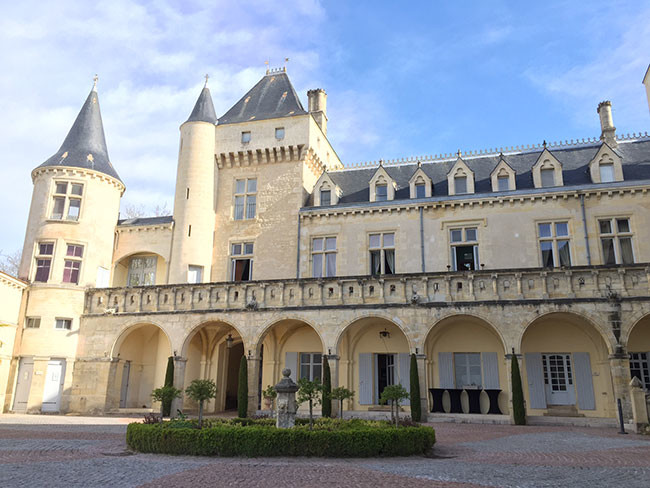
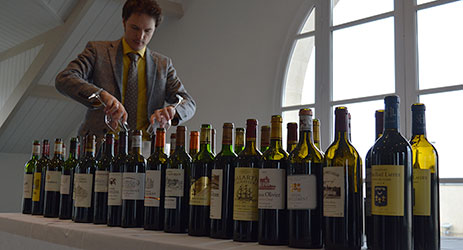
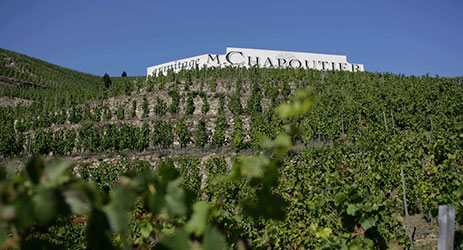
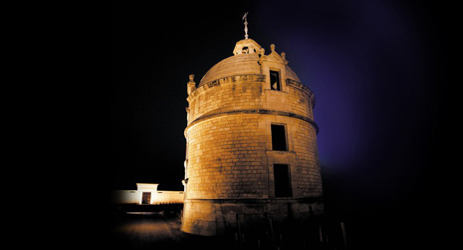
Comments
Submit